Smart homes may promise convenience, but not everything behind the scenes is as harmless as it seems. From voice assistants that listen a little too well to TVs that track what you watch, some of the most popular home tech gadgets come with hidden surveillance features. While they might make life easier, they can also compromise your privacy in ways many users don’t realize. Here are 12 home tech gadgets that could be quietly spying on you—right from your living room, kitchen, or pocket.
1. Smart TVs
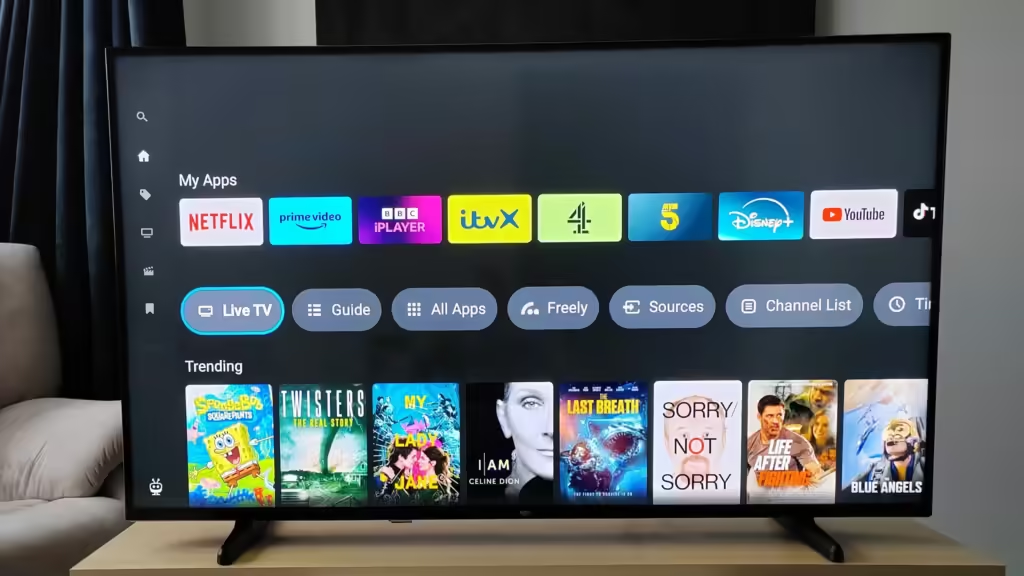
Modern smart TVs are equipped with technology that tracks viewing habits through features like automatic content recognition (ACR). These devices monitor and analyze the content you watch, creating detailed profiles for targeted advertising purposes. This data is often sold to advertisers to enhance ad targeting, making ads more relevant to individual viewers. However, the collection of such personal information is not without its risks, particularly when it involves the potential for unauthorized access. Some smart TV models are also equipped with built-in microphones and cameras, which may be vulnerable to exploitation if security measures are inadequate.
According to Consumer Reports, security flaws in these devices could allow hackers to access sensitive data or even spy on users. The sale of this data to third-party advertisers is a significant concern, as it raises questions about consent and transparency in how personal information is handled. In addition, the sheer volume of data collected from your viewing habits paints a detailed picture of your interests and preferences. The idea of companies knowing what you watch and when could feel like an invasion of privacy, leading many to disable certain features or revert to more traditional television setups. Nevertheless, as smart TVs become increasingly integrated into households, it’s clear that the trade-off between privacy and convenience will continue to challenge users and manufacturers alike.
2. Home Security Cameras
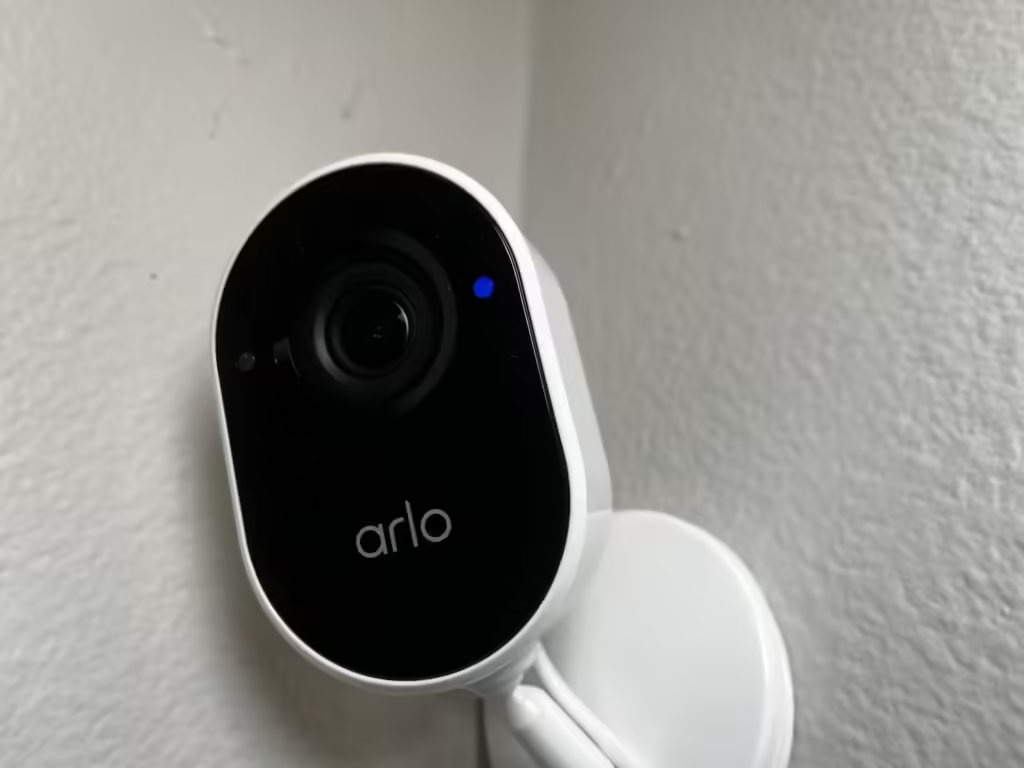
Home security cameras, both indoor and outdoor, are invaluable tools for monitoring and protecting your property. These cameras capture high-resolution footage of daily activities, often stored in cloud-based servers for easy access and review. However, the convenience of remote monitoring comes at a potential cost: the data can be vulnerable to hacking, exposing private moments to unauthorized parties. As many of these systems store footage in the cloud, the risk of a breach increases, with data being potentially stolen or sold to third parties.
According to CNET, hackers can exploit security flaws in cameras to gain access to your home’s security feed, compromising both safety and privacy. Additionally, many companies offer features that allow footage to be shared with law enforcement or emergency responders. While this can be beneficial in certain circumstances, it may also lead to concerns about surveillance and the loss of control over personal data. As more people adopt smart home devices, the growing reliance on cloud-based storage systems raises questions about the future of data privacy and security in the connected world. It’s important to evaluate the security measures in place and consider the trade-off between the protection these devices offer and the risks associated with the data they collect.
3. Smart Thermostats
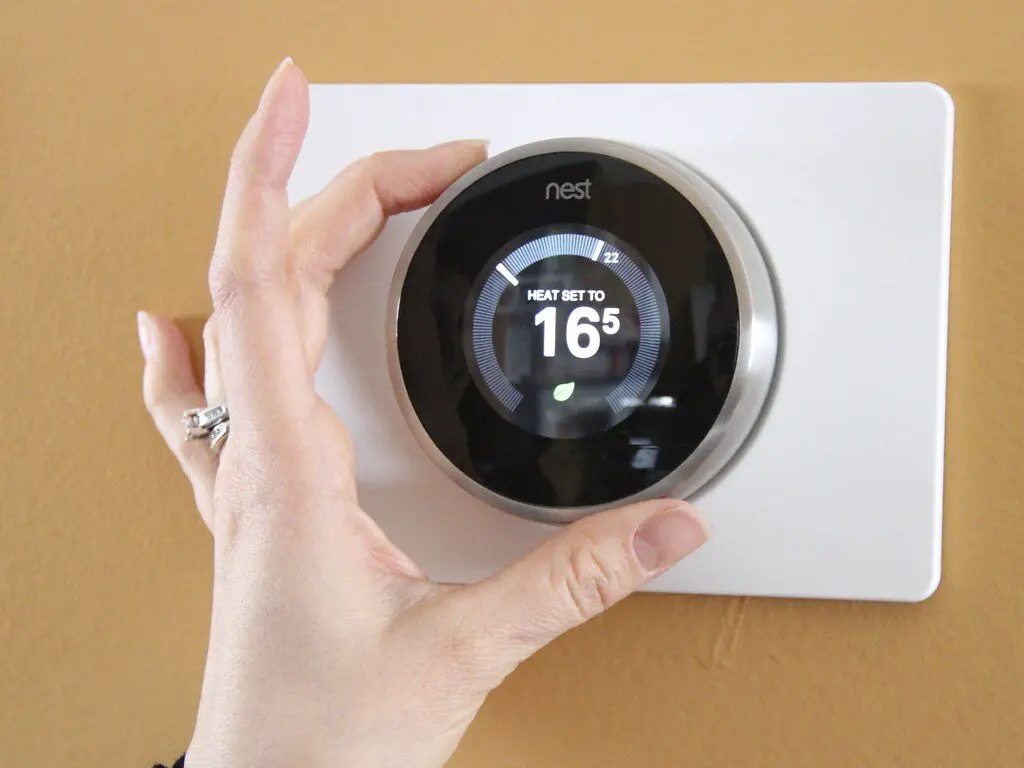
Smart thermostats, such as Nest and Ecobee, are designed to enhance energy efficiency by learning your home’s temperature preferences and routines. These devices collect data about when you’re home or away, adjusting the temperature accordingly to optimize energy use. However, this seemingly convenient feature can also reveal personal information, such as your daily schedule and living habits. The data collected by these devices can be valuable to companies looking to improve their services or for advertisers targeting specific consumer behaviors.
More concerning, this information could potentially be used maliciously by criminals looking to understand when you are most vulnerable, such as when you’re on vacation. According to Wired, such data has the potential to be exploited by bad actors if proper safeguards are not in place. The smart home industry’s reliance on cloud storage also exposes the data to the possibility of hacking or unauthorized access. While these devices can certainly make life more comfortable and energy-efficient, they also highlight the need for increased transparency about what data is collected and how it is protected. Users should carefully review the privacy settings of their devices and be mindful of the personal information they may unintentionally share. As the technology becomes more integrated into daily life, it will be crucial to strike a balance between convenience and privacy.
4. Video Doorbells
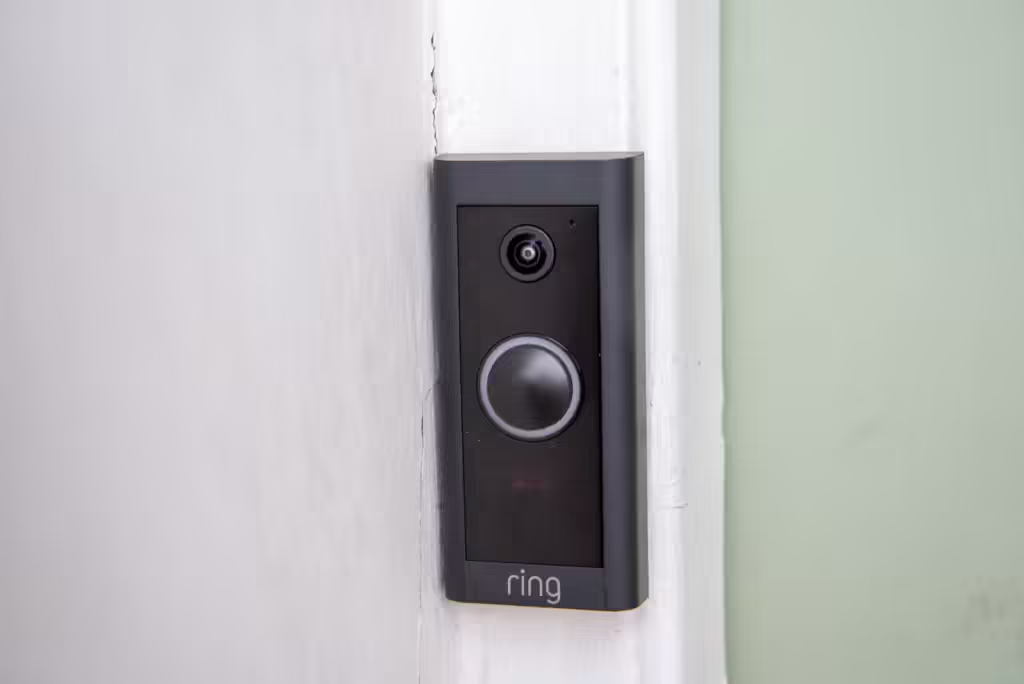
Video doorbells, such as Ring, offer a level of security by recording footage of visitors and monitoring activity around your home. These devices provide real-time video streams, which can be accessed remotely, enhancing home security. However, the data collected may be shared with third parties, including law enforcement or even advertisers, without your explicit consent. This raises concerns about surveillance and the potential for misuse of personal data. According to The Guardian, some video doorbell companies have partnered with law enforcement agencies to share footage, which may infringe upon individual privacy rights.
Furthermore, there have been instances of hackers gaining access to video feeds, compromising both security and privacy. As with other smart home devices, video doorbells rely on cloud-based storage, increasing the risk of data breaches. Users are often unaware of the extent to which their data is shared, making it essential to review the privacy policies and settings associated with these devices. While the added security is appealing, the loss of control over who accesses your video footage can feel like an intrusion on personal space. It’s important to consider these factors before investing in such devices, balancing security needs with concerns about privacy.
5. Smart Speakers
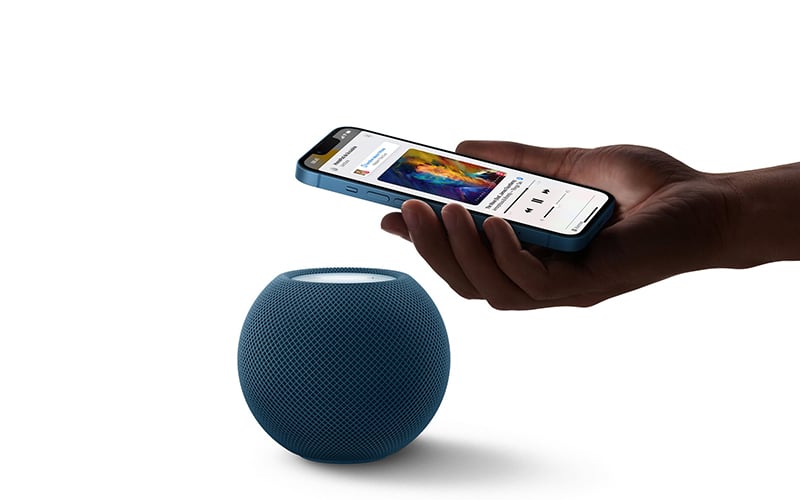
Devices such as Amazon Echo and Google Nest are designed to respond to voice commands by listening for specific wake words. While this feature provides hands-free convenience, it raises significant concerns about privacy. These devices are always “on,” continuously capturing and analyzing audio, sometimes inadvertently recording private conversations. The data collected is often transmitted to company servers for processing, where it is stored, sometimes indefinitely. This persistent recording of sound, even when no command is given, has triggered debates regarding user consent and data security. Moreover, the possibility of third-party access or misuse of this data amplifies the concerns.
According to Forbes, hackers could potentially gain unauthorized access to sensitive data, further complicating the security risks. In response to these concerns, companies like Amazon and Google have implemented features allowing users to delete recordings, though not all users take advantage of these settings. The ongoing debate centers on the balance between technological innovation and personal privacy, and the way companies handle sensitive data remains a key issue. Ultimately, users should weigh the convenience these devices offer against the potential risks to their privacy.
6. Smart Appliances
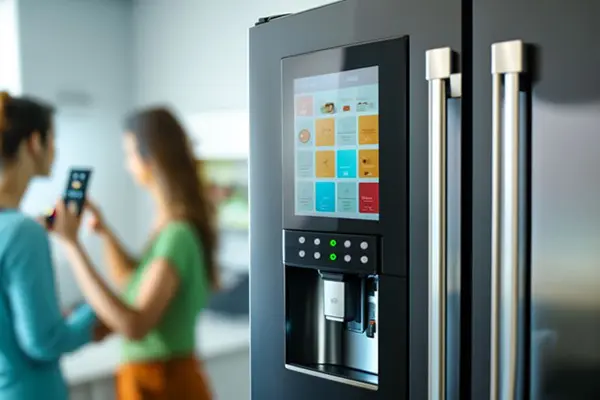
Smart appliances, including refrigerators, washing machines, and ovens, often come equipped with features that track usage patterns to enhance convenience. These devices can monitor when they are used, how frequently, and even what settings are selected, offering insights that can improve efficiency. While this data can help manufacturers refine their products, it can also provide a detailed picture of your household’s routines.
For example, a smart fridge might track your food consumption habits, while a washing machine may monitor your laundry schedules. This information is often stored on cloud servers and could be accessed by companies for analysis or marketing purposes. Though this data is typically anonymized, it still offers a glimpse into your private life. Smart home appliances are designed for convenience, but they also raise important questions about data ownership and control. As these devices become more common, consumers must be vigilant about the type of data they are sharing and how it is being used. Manufacturers should be transparent about their data practices, and consumers should take steps to secure their appliances and limit the data they collect. Ultimately, the convenience of smart appliances should be weighed against the potential risks to personal privacy.
7. Fitness Trackers and Smart Scales

Fitness trackers like Fitbit and smart scales gather detailed health information, tracking metrics such as steps, heart rate, weight, and sleep patterns. These devices are designed to help users improve their health by providing personalized insights based on the data they collect. However, the sharing of this sensitive health information raises privacy concerns, particularly when it is transmitted to third-party app providers or used by companies for marketing purposes. Health data is incredibly valuable to insurance companies, who may use it to adjust premiums or target certain individuals with specific offers.
There are also concerns about the potential for hackers to access personal health data, particularly if devices lack robust security measures. In addition, the aggregation of health data from multiple devices can create a comprehensive profile that is valuable to advertisers looking to tailor their offerings. While these devices can offer valuable insights into your physical well-being, they also contribute to the growing collection of personal data that is vulnerable to exploitation. As wearable health technology becomes more popular, it’s essential for users to understand what data is being collected and how it is being used. Privacy settings should be reviewed carefully, and consumers should be aware of the potential implications of sharing their health data with third parties.
8. Robot Vacuums
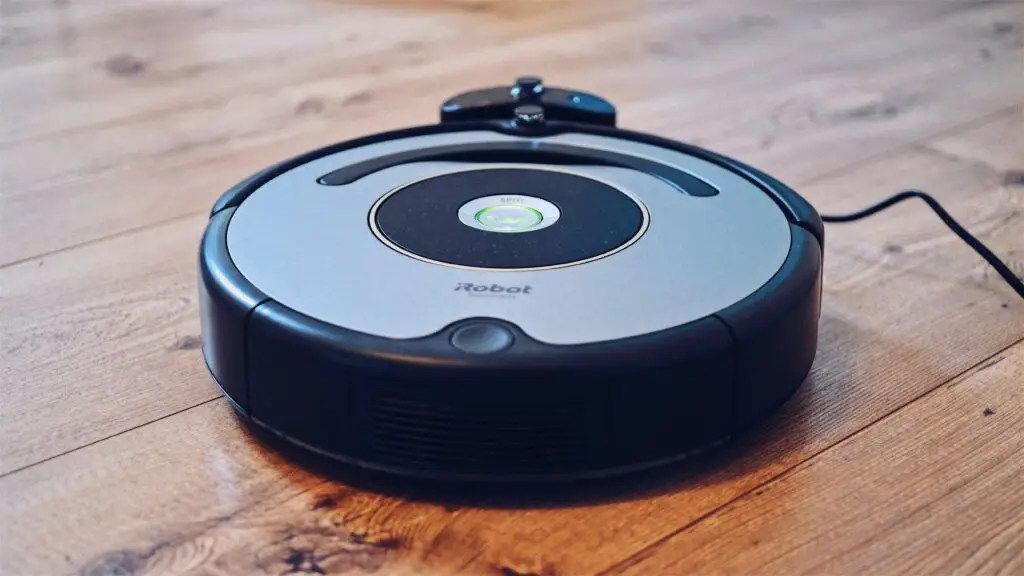
Robot vacuums, such as the Roomba, are equipped with sophisticated mapping technology that allows them to navigate around your home efficiently. These devices create detailed maps of your home’s layout, allowing them to clean in an organized pattern without human intervention. While this technology is convenient, it also raises privacy concerns. The data generated by these devices, including floor plans and room layouts, can be valuable to companies for marketing or research purposes. The maps created by these vacuums are often stored in the cloud, making them susceptible to hacking or unauthorized access.
While manufacturers argue that this data is anonymized, it still contains valuable insights into your home’s layout, your daily routines, and even your cleaning habits. As more homes adopt smart home technology, the idea of robots mapping out every corner of your house raises concerns about data security and privacy. To mitigate these risks, users should ensure that their devices are properly secured and take the necessary steps to limit the amount of data shared. As with other smart devices, the convenience of robot vacuums must be balanced against the potential privacy risks they pose.
9. Smart Light Bulbs
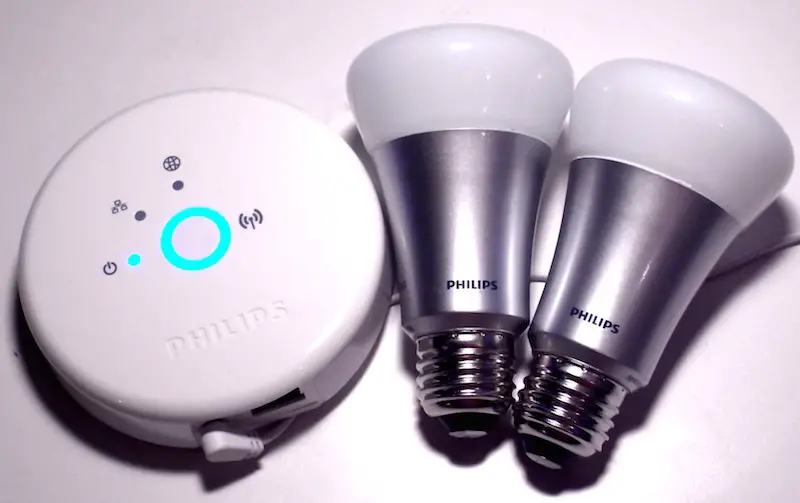
Smart light bulbs, such as Philips Hue, offer the ability to control lighting remotely, adjust brightness, and even change colors through a smartphone app or voice assistant. These devices collect data on when and how often the lights are used, offering insights into daily routines. For example, the timing of when lights are turned on and off can reveal when someone is home, when they wake up, or when they go to bed. This data can be aggregated to create a detailed profile of a person’s habits, which may be valuable to advertisers or other third parties.
While the convenience of smart lighting systems is undeniable, the privacy implications are significant, particularly when it comes to how much personal information is shared without consent. These bulbs rely on cloud-based systems for control and monitoring, which increases the risk of unauthorized access to sensitive data. Users should be mindful of the data they are sharing and take steps to secure their devices to limit potential vulnerabilities. Ultimately, the growing presence of smart devices in our homes raises important questions about how much personal information we are willing to share for the sake of convenience.
10. Wi-Fi Routers
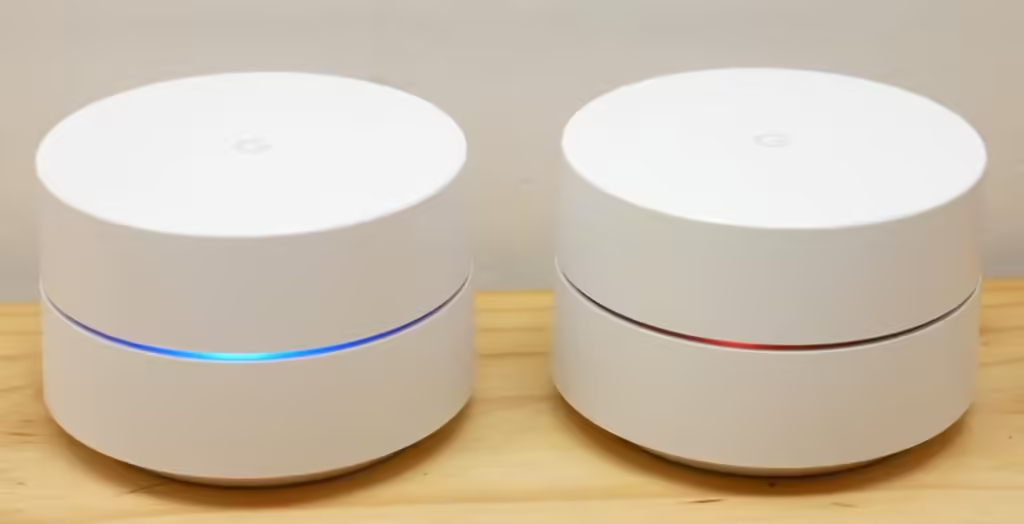
Modern Wi-Fi routers come equipped with advanced features that monitor the devices connected to your network. These routers track internet activity, capturing data about browsing habits, search history, and the websites you visit. This data is often shared with manufacturers or advertisers for analysis or marketing purposes. While this information is typically anonymized, it still offers valuable insights into your online behavior and preferences.
The fact that routers collect data on every device in your home, from smartphones to smart TVs, increases concerns about the extent of surveillance. Hackers could also potentially gain access to your network and compromise your data if security measures are not properly implemented. It’s essential to understand the data collection practices of your Wi-Fi provider and take steps to secure your network. Some routers offer privacy features that allow users to limit the amount of data shared or even opt out of certain data collection practices. As the internet of things continues to grow, it’s crucial to strike a balance between connectivity and privacy.
11. Smart Plugs
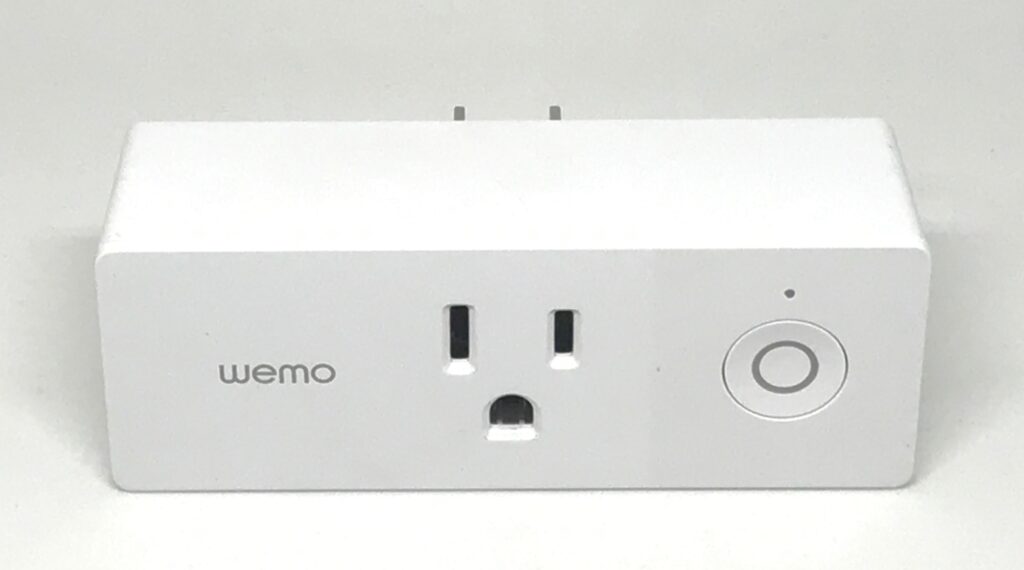
Smart plugs allow users to control appliances remotely, offering greater flexibility and energy efficiency. These devices monitor how often appliances are used, when they are switched on and off, and how much energy they consume. While this data is useful for optimizing energy use, it can also reveal intimate details about daily routines. For example, the timing of when a coffee maker is switched on or when a television is turned off could indicate when someone is typically home.
This information can be valuable to advertisers or even potential burglars seeking to understand household habits. While smart plugs offer convenience and energy savings, they also contribute to the broader trend of data collection in the home. As with other smart home devices, it’s important to consider the potential privacy risks and take the necessary steps to protect personal information. Users should ensure that their smart plugs are securely connected to their network and that they are aware of what data is being collected.
12. Baby Monitors
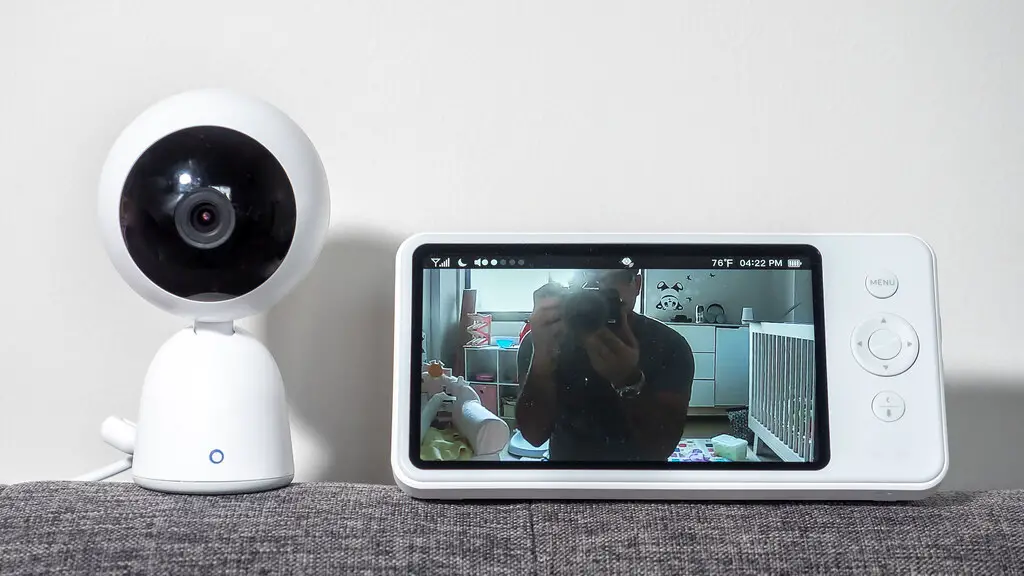
Smart baby monitors equipped with video and audio features provide parents with a sense of security by allowing them to monitor their infants remotely. However, these devices come with privacy risks, particularly when it comes to the security of the video and audio feeds. Poorly secured systems can be hacked, potentially giving outsiders access to sensitive moments in your home. There have been multiple reports of baby monitor hacks, where hackers gained access to live feeds, startling parents and compromising their privacy.
In some cases, the footage may be stored in the cloud, making it susceptible to breaches. The rise of smart home devices raises concerns about how much of our private lives are being recorded and stored for future use. Parents should carefully review the security settings of their baby monitors and ensure they are using encrypted connections to protect against unauthorized access. While baby monitors offer peace of mind, they also highlight the increasing risks associated with connected devices in the home. Privacy and security must be top priorities when choosing devices that capture personal moments, especially when those moments involve vulnerable family members.
